Prednisone
✅ Reduces inflammation
✅ Manages autoimmune conditions
✅ Alleviates allergic reactions
✅ Controls asthma symptoms
✅ Treats skin disorders
Wysolone contains Prednisolone.
Product Overview
Wysolone is a pharmaceutical preparation containing Prednisolone as its active component. As a synthetic corticosteroid, Prednisolone replicates the function of natural hormones secreted by the adrenal cortex. Marketed in multiple formulations including tablets, oral suspensions, and injectable solutions, Wysolone is extensively employed in the management of diverse inflammatory and autoimmune disorders. Its potent anti-inflammatory and immunomodulatory properties render it effective for treating conditions such as bronchial asthma, rheumatoid arthritis, dermatological conditions, and post-transplant immunosuppression.
Therapeutic Applications
This medication is indicated for a broad spectrum of clinical conditions encompassing respiratory disorders (asthma), autoimmune diseases (lupus, rheumatoid arthritis), gastrointestinal inflammatory conditions (Crohn’s disease, ulcerative colitis), dermatological pathologies (eczema, psoriasis), and certain hematological malignancies. Additionally, it serves as an essential immunosuppressive agent in organ transplantation protocols. By mitigating inflammatory responses and allergic manifestations, Wysolone provides symptomatic relief and enhances patient outcomes.
Administration Guidelines
Wysolone must be administered strictly in accordance with medical prescription. The therapeutic regimen (dosage and duration) is individualized based on diagnosis, disease severity, and patient response. Oral administration with meals or dairy products is recommended to reduce gastric irritation. Tablets should be ingested intact with adequate water, without crushing or chewing, unless specifically directed. Alternative formulations (oral solution or parenteral preparations) are available for patients with swallowing difficulties.
Mechanism of Action
The pharmacological activity of Wysolone stems from its immunomodulatory and anti-inflammatory properties. Prednisolone exerts its therapeutic effects by binding to cytoplasmic glucocorticoid receptors, subsequently modulating gene transcription. This molecular interaction downregulates pro-inflammatory cytokines (IL-1, TNF-α) and inhibits phospholipase A2 activity, thereby reducing synthesis of inflammatory mediators (prostaglandins, leukotrienes). The resultant suppression of immune cell migration and activation alleviates clinical manifestations of inflammation, including edema, erythema, and pain.
Dosage Protocol
Therapeutic dosing of Wysolone requires careful titration based on clinical indication, patient response, and tolerability. Initial therapy typically employs higher doses (induction phase) followed by gradual tapering (maintenance phase). Abrupt discontinuation is contraindicated due to risk of adrenal insufficiency. Dose adjustments may be necessitated by therapeutic response or adverse effects. Close medical supervision is essential throughout the treatment course to optimize benefit-risk ratio.
Therapeutic Advantages
Wysolone demonstrates significant clinical efficacy in controlling inflammatory processes and modulating immune responses. Its therapeutic benefits include rapid symptom relief, improved functional capacity, and enhanced quality of life. The availability of multiple pharmaceutical formulations enhances treatment flexibility and patient compliance. The drug’s broad therapeutic spectrum enables its use across various medical specialties, making it a versatile therapeutic option.
Adverse Effects
Common adverse reactions may comprise:
• Metabolic: Hyperglycemia, weight gain, fluid retention
• Dermatological: Acneiform eruptions, cutaneous thinning
• Neuropsychiatric: Mood alterations, sleep disturbances
• Musculoskeletal: Osteoporosis, myopathy
Long-term therapy may predispose to ocular complications (cataracts, glaucoma), adrenal suppression, and increased infection susceptibility. Regular monitoring and prophylactic measures (calcium/vitamin D supplementation) are recommended during extended treatment periods.
Precautions and Contraindications
Clinical vigilance is required in patients with:
• Endocrine disorders (diabetes mellitus, Cushing’s syndrome)
• Cardiovascular conditions (hypertension, heart failure)
• Infectious diseases (active or latent infections)
• Osteoporosis or peptic ulcer disease
Concomitant use with NSAIDs, anticoagulants, or live vaccines requires special consideration. Pregnancy and lactation warrant cautious risk-benefit assessment before initiation.
Storage Conditions
Maintain pharmaceutical preparations at controlled room temperature (15-30°C) in original packaging, protected from moisture and light. Ensure proper disposal of expired medications according to local regulations. Keep all formulations out of children’s reach.
Medical Disclaimer
The provided information is intended for educational purposes and has been reviewed by healthcare professionals. This content does not substitute professional medical advice, diagnosis, or treatment. For comprehensive information regarding potential drug interactions, contraindications, or adverse effects, consult your prescribing physician. This material aims to facilitate informed patient-provider discussions, not to replace clinical judgment. Always verify medication information with authoritative pharmacological resources.
| Strength | 5 mg, 10 mg, 20 mg |
|---|---|
| Quantity | 30 Tablet/s, 60 Tablet/s, 90 Tablet/s, 180 Tablet/s |
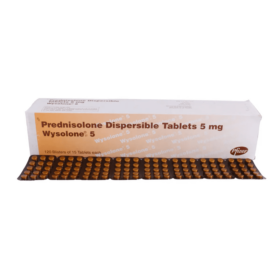 Prednisone
Prednisone









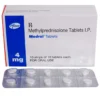
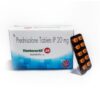
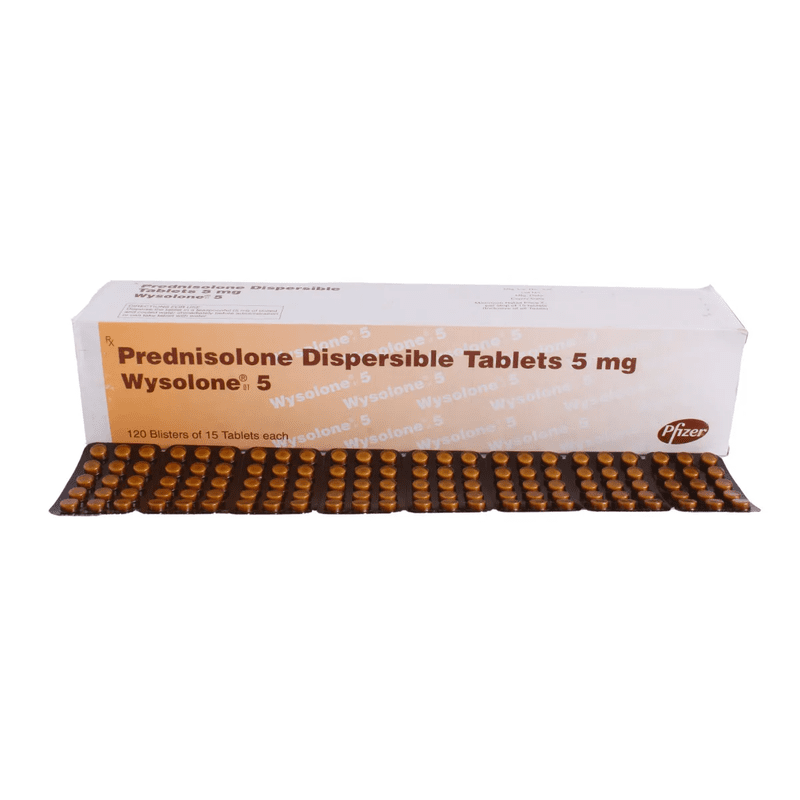
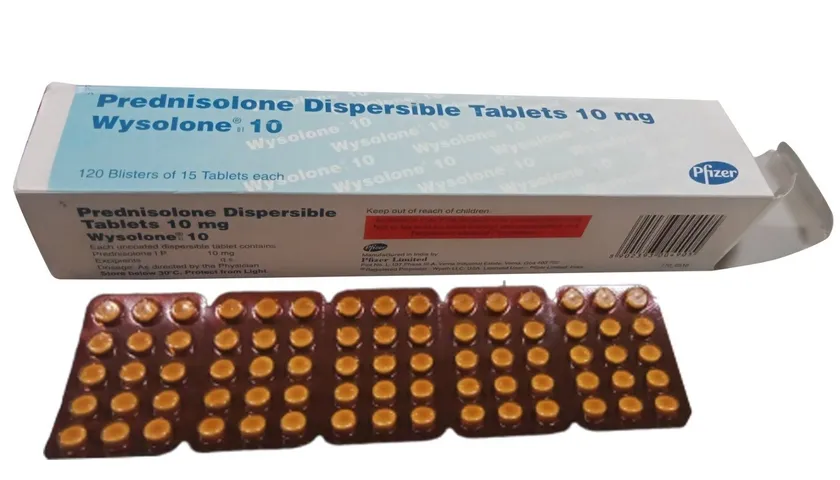
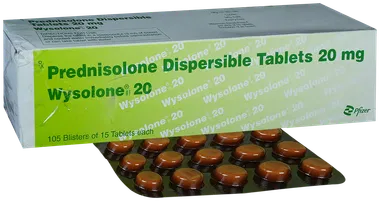
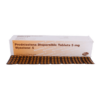
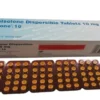
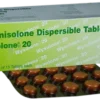
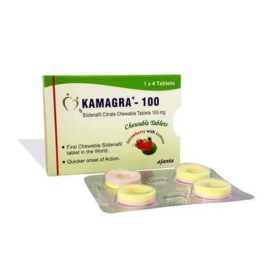

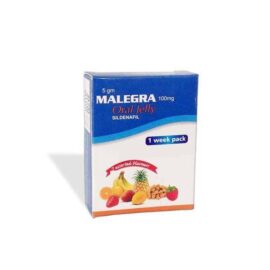
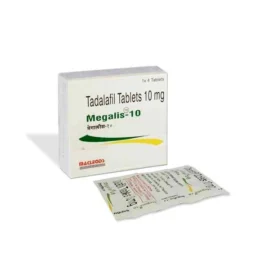
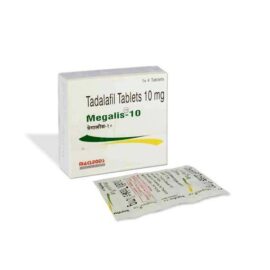
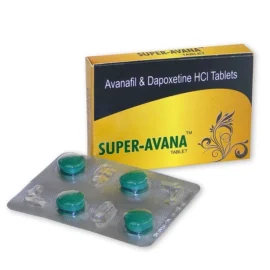
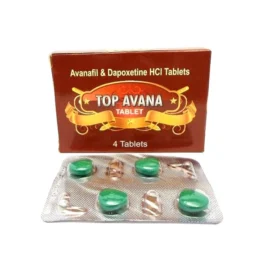
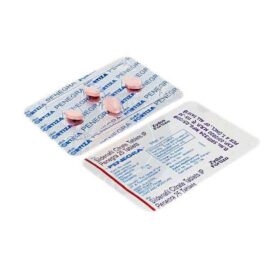
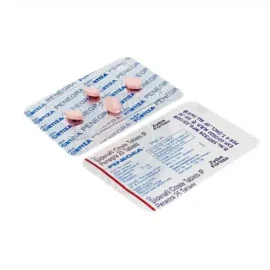
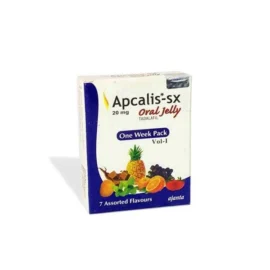
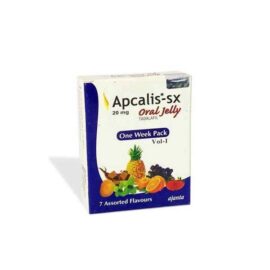
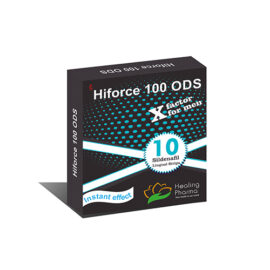
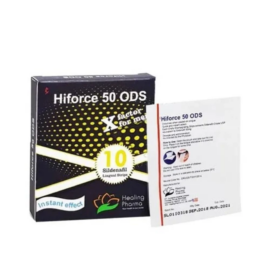
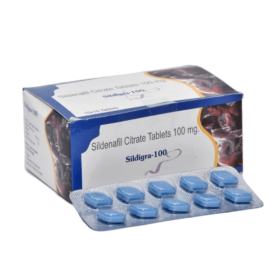
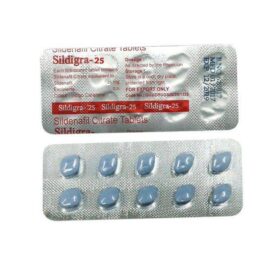
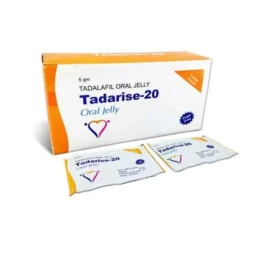
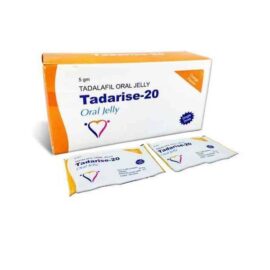
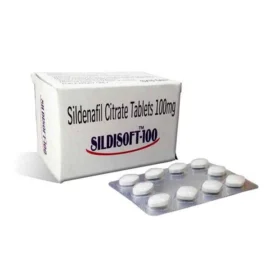
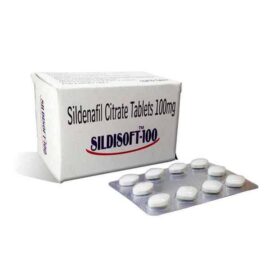
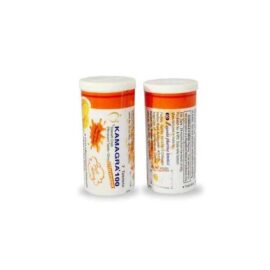
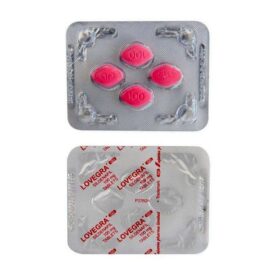
Reviews
There are no reviews yet